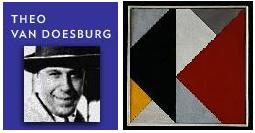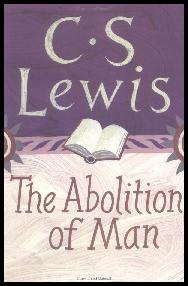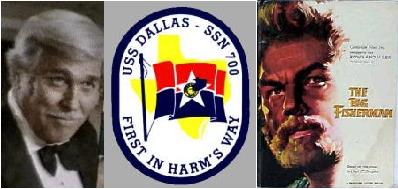Dinner Theater?
“Philosophers ponder the idea of identity: what it is to give something a name on Monday and have it respond to that name on Friday….”
— Bernard Holland in the New York Times of Monday, May 20, 1996
From an entry of last Monday,
“Lynchburg Law” —

Critic Frank Rich in Wednesday’s Times on a recent televised promotion:
“… it was a manufactured scandal, as over-the-top as a dinner theater production of ‘The Crucible.’ “
From a Friday, Nov. 19, entry:
“the Platonist… is more interested in deriving an abstraction of the object into a universal….”
— Radu Surdulescu, Form, Structure, and Structurality
From El Universal online today:
“Meanwhile, [Mexico] continued to deal with the savagery of Tuesday night’s televised lynchings, with some saying the media had exploited the occurrence.
‘This is a new and worrisome phenomenon,’ security analyst José Reveles said in an interview… ‘It’s like the evil offspring of all the violent exploitation in the media.’ ‘It was Fuenteovejuna,’ he said, referring to the work by the Spanish golden age playwright Lope de Vega in which an entire town covers up the slaying of a corrupt official.”
Frank Rich has the last word:
“A ‘moral values’ crusade that stands between a TV show this popular and its audience will quickly learn the limits of its power in a country where entertainment is god.”





























